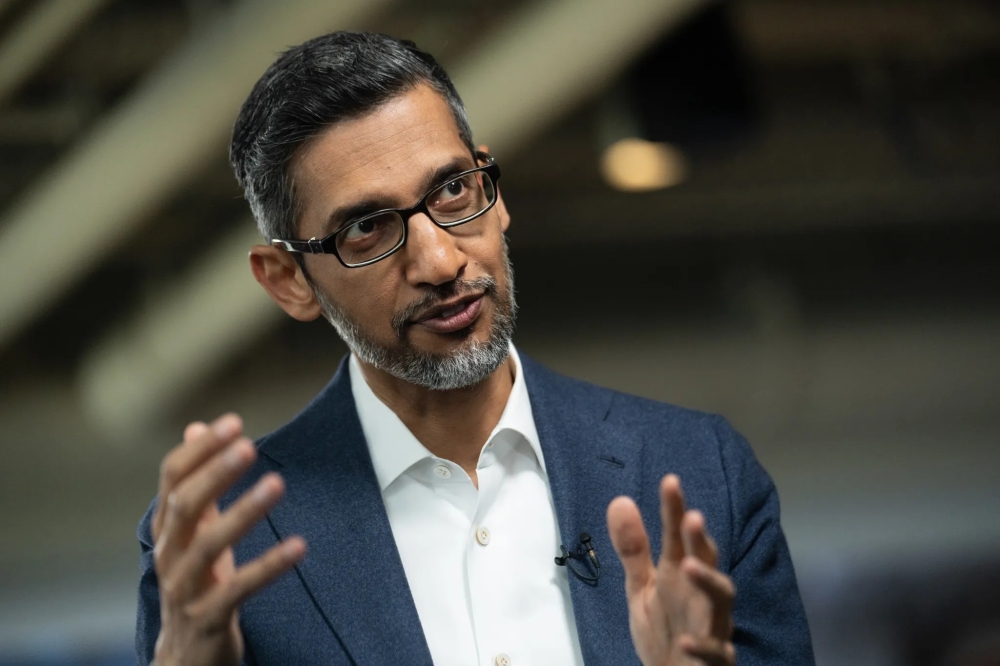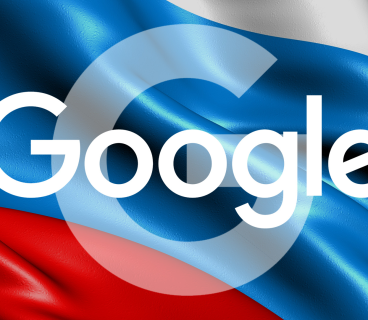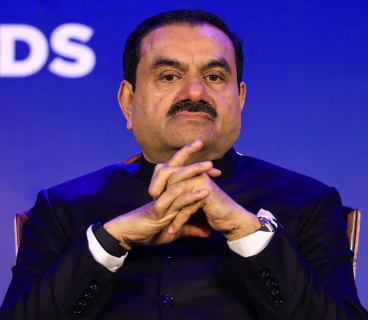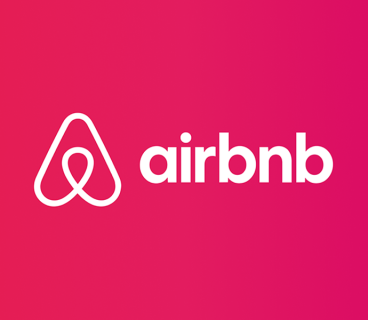Google CEO Sundar Pichai has welcomed a new cloud partnership with OpenAI — one of the company’s main rivals in artificial intelligence — describing it as an exciting development for Google Cloud.
“With respect to OpenAI, I have to say we’re very excited about partnering with them on Google Cloud,” Pichai said during the company’s Q2 earnings call.
“Google Cloud is an open platform, and we’ve always supported leading companies, startups, and AI labs. We look forward to deepening that relationship and investing more in it.”
The comment came as Google executives fielded questions from investors on how AI is affecting the company’s core search business — and why Google is spending an additional $10 billion this year in capital expenditures to stay competitive in the AI race.
Cooperation in the Midst of Rivalry
While OpenAI’s ChatGPT is considered one of the biggest threats to Google Search, its use of Google Cloud services presents a major commercial opportunity for Google.
Earlier in July, OpenAI publicly added Google Cloud to its list of cloud providers. A June report by Reuters indicated that OpenAI was considering Google Cloud to meet growing demands for compute power.
Record Growth for Google Cloud
Google Cloud revenue reached $13.6 billion in Q2 2025, up from $10.3 billion during the same period last year. A major driver of this growth has been increased demand from AI companies.
Pichai noted that Google Cloud’s abundant Nvidia GPUs and proprietary TPU chips have helped it secure deals with top AI labs. Current customers include Anthropic, Safe Superintelligence (Ilya Sutskever), World Labs (Fei-Fei Li), and now OpenAI.
Why OpenAI Turned to Google
OpenAI has faced ongoing GPU constraints, which have strained its partnership with Microsoft — its main investor and primary cloud provider. That has pushed OpenAI to seek additional resources from Microsoft’s competitors, including Google and Oracle.
This creates a complex and delicate dynamic. OpenAI may end up using Google’s infrastructure to challenge its core product — Search — making the relationship both strategically beneficial and inherently risky.
Google’s Progress on AI Products
Google’s own AI offerings are also expanding. The company reported that its Gemini chatbot now has 450 million monthly active users, while AI Overviews have reached 2 billion users. However, the monetization and impact of these services on Google Search traffic remain unclear.
A Strategic Gamble with Historic Echoes
This partnership draws comparisons to past tech rivalries. For instance, Google once relied on Yahoo to gain visibility — only to later overtake it as the dominant gateway to the internet. Some analysts believe OpenAI could be following a similar trajectory by leveraging Google Cloud.
In short, the Google–OpenAI partnership is a high-stakes move. On one hand, it bolsters Google Cloud’s AI business. On the other, it empowers a direct competitor with the tools it may need to erode Google’s dominance in search.
While Sundar Pichai says he is “very excited” about the collaboration, whether this relationship proves to be a lasting alliance — or a stepping stone for a competitor — remains to be seen.







